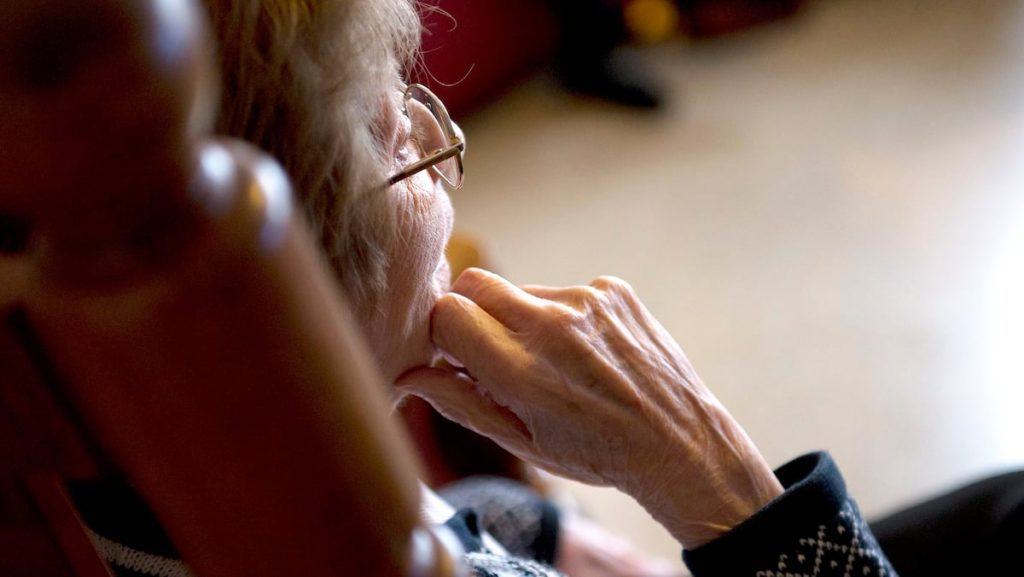
The current model of private residences for seniors (RPA) in Quebec is “not sustainable,” according to a study published Monday by the Interuniversity Research Center Cyrano.
A team of researchers, led by Sherbrooke University professor Melanie Bourassa Forcier, analyzed RPA data across the province and conducted nearly thirty interviews with administrators, employees and residents.
The project aims to “highlight the diverse issues of RPAs” and “capture the perception of staff and seniors living in RPAs, rarely surveyed stakeholders,” we read over 200 pages.
In an interview with TVA Nouvelles, Mélanie Bourassa Forcier explained that the problems leading to the closure of many RPAs are multifactorial.
“[Ces fermetures] Over-regulation, particularly for small RPAs, is linked to standards that are difficult to implement, but also to difficulties in obtaining care and services from CLSCs for residents of RPAs, so at this point “there, it's up to RPAs to provide these services.”
The report also reveals that closures are mostly among smaller RPAs, “which are just running out of steam,” she added.
“[Elles sont] Employees, human resources and financial resources are not able to meet the standards while maintaining the level.
For the authors, it is the standards and regulations that are more consistent with the RPA type.
Elderly people are losing their independence
Researchers suggest that with significant investments in home care and services, older adults are staying in their homes longer and moving to RPA later.
The latter approach RPA as they are older and have lost more autonomy due to illness.
“And that's where we need additional services that aren't there,” Ms. Bourassa Forcier explained, believing that these environments do not adequately match their needs.
“It is undeniable that the current regulatory model and service offering model are unsustainable,” the study's authors concluded.
“We are removing habitats everywhere, especially in the regions”
For Marc Fortin, CEO of Régroupement Québécois des Résidences, the normative framework around RPAs is “too heavy” and “became unmanageable”.
“Many managers give up. It costs a lot of money to meet the standards,” TVA told Novelles in an interview.
In regrouping, he noted, he has seen an average of two closures per week over the past five years.
“What we see are small RPAs […] They can't anymore. We are in the process of clearing habitats everywhere in the territory, especially in the regions.





More Stories
Sportswear: Lolle acquires Louis Garneau Sports
REM is still innovative enough to foot the bill
A trip to the restaurant with no regrets for these customers